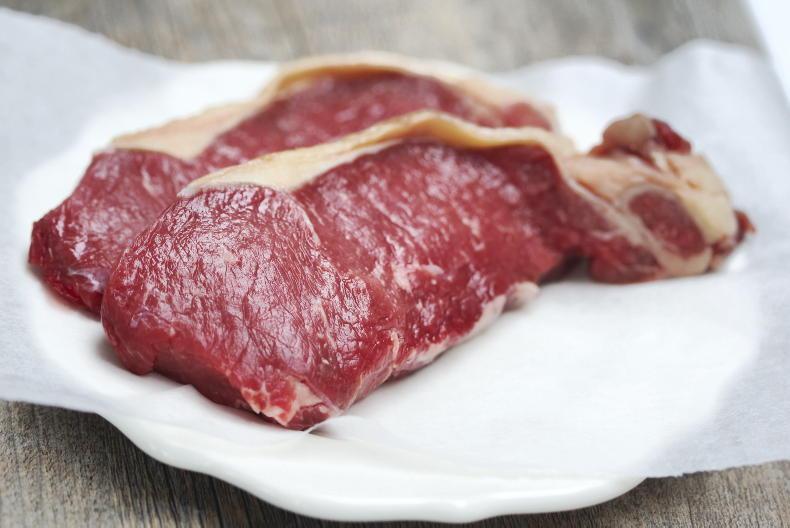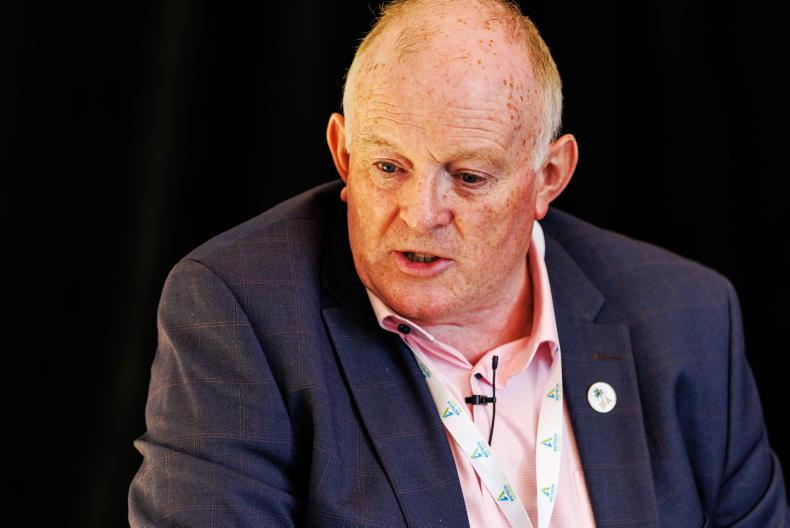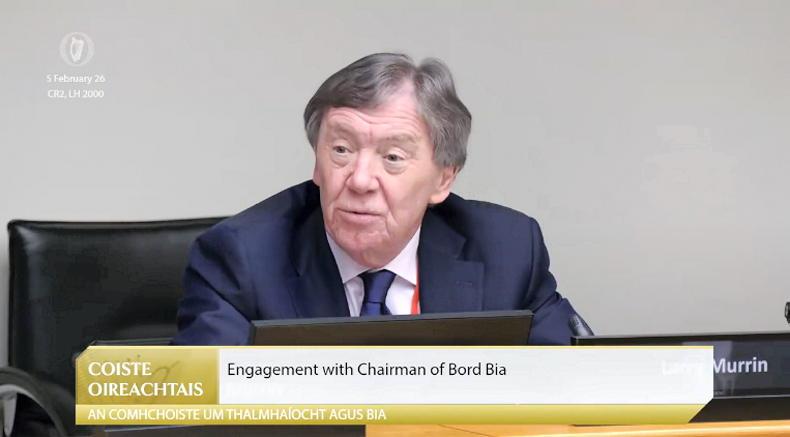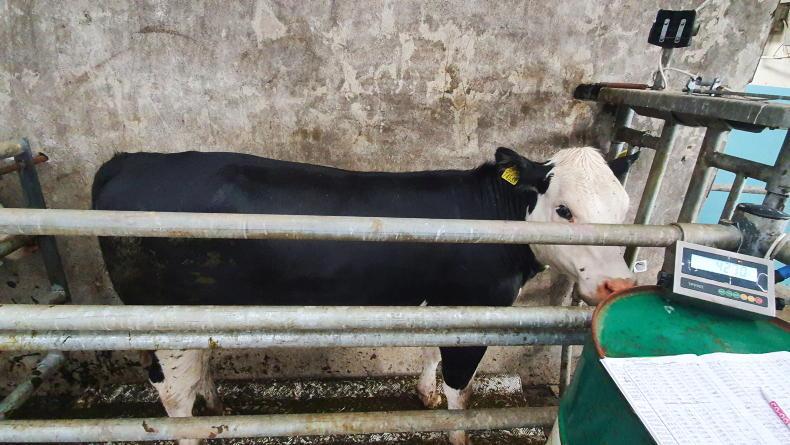Dairy processors should pay farmers a milk price bonus to adopt biodiversity initiatives on their farms, according to Minister for Agriculture Charlie McConalogue.
He described such a measure as a “great initiative” and said it is the “type of forward thinking the agri-food sector needs” where “all of the actors in the food chain live up to their environmental responsibilities”.
Minister McConalogue warned that all stakeholders need to play their part to reduce agriculture’s carbon emissions, particularly industry players who can drive behavioural change at farm level.
The Minister made his comments in an address during an Agricultural Science Association (ASA) webinar on emissions mitigation targets and the pathways forward for the agri-food sector on Thursday.
Adding value
Minister McConalogue told those attending the online event that the next decade for Irish agriculture is about “adding value as opposed to adding volume”.
He said an increase in farm production volume alongside diminishing produce value “doesn’t serve anyone”.
However, he said that the target set within his Department’s Food Vision 2030 strategy to increase the value of agricultural exports from €14bn to €21bn is still possible by taking a sustainable approach.
Reduce emissions
The Minister described the planned work of the recently formed Food Vision Dairy Group, which he announced on Friday.
He said that following a period where the dairy sector was “in a straightjacket” for many years, milk production is now one of the main contributors to an increase in agriculture’s carbon emissions.
McConalogue said that the dairy stakeholder group, made up of farmer and processor representatives, will first develop a report with a strategy to stabilise emissions from the dairy sector.
“The first challenge is to stabilise dairy emissions and then reduce these emissions” @McConalogue pic.twitter.com/jBIhiTCl9w
— ASAireland (@ASAireland) February 3, 2022
However, following this stabilisation work, he said the group will then be tasked with devising a strategy to reduce the dairy sector’s “emissions profile” in the time ahead.
The Minister said reducing agriculture’s carbon emissions is something “we’ve all signed up to”.
Parameters
Agricultural inspector at the Department of Agriculture Dale Crammond told webinar attendees that the sector does “have to acknowledge that in recent years some of the environmental parameters have gone in the wrong direction”.
“We’ve reached the end of the road,” he said.
He described the steps needed for agriculture to meet a carbon reduction target of 22% to 30% by 2030, noting that this will involve an emissions cut of 23 mega tonnes (Mt) to 16Mt to 18Mt of carbon dioxide equivalent.
He said Irish farming will need to work with the waste sector in the “provision of feedstocks” to contribute to the production of sustainably produced biomethane for injection into the national grid.
Crammond outlined the importance of establishing a carbon farming framework by the end of 2023, in line with European Union activity.
He also said researchers will need to continue to explore the potential for methane-reducing feed additives to reduce bovine methane output.









SHARING OPTIONS